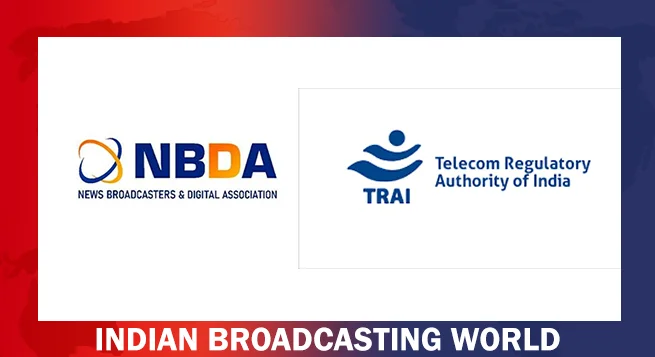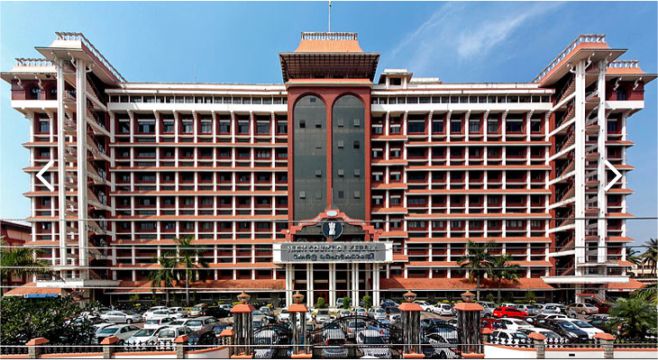Another petition in another Indian court has been filed against the country’s newly mandated digital rules for social media and OTT platforms, and publishers of digital news.
This time the case has been filed in the Kerala High Court by Praveen Arimbrathodiyil, a free and open-source software (FOSS) developer and a volunteer member of the Free Software Community of India (FSCI), challenging certain provisions of the Information Technology (Intermediary Guidelines and Digital Media Ethics Code) Rules, 2021.
The court admitted the petition on April 10 and notices were issued to India’s federal government and its agencies. The petitioner is represented by Software Freedom Law Center, India (SFLC.in)’s legal director Prasanth Sugathan and counsels at the center.
According to the SFLC.in website, the case has been filed under Article 226 of the Constitution of India for quashing Part II of the Intermediary Rules, 2021, and declaring them violative of the Article 14, 19 and 21.
The Ministry of Information Technology and Electronics (MeitY) had notified the Information Technology (Intermediary Guidelines and Digital Media Ethics Code) Rules of 2021 vide a notification on February 25 2021.
Some important features of the digital rules, target of several other petitions, include segregation of social media intermediaries into the two categories of “social media intermediaries” and “significant social media intermediaries”; requirement to prominently display privacy policy and usage of personal data by the intermediaries; requirement to remove certain information by exercising due diligence, among others.
Amongst the other points raised in the petition are the following:
- The digital rules of 2021 place unreasonable restrictions on users in expressing themselves online, thus impacting their right to free speech and expression and fundamental right to privacy.
- The terms used in the Intermediary Rules, 2021 are vague and ambiguous.
- The Intermediary Rules, 2021 seek to undermine end to end encryption, which is a subset of fundamental right to privacy as enshrined in Justice K.S. Puttaswamy vs. Union of India (2017).
- The Intermediary Rules, 2021 draw no intelligible differentia between not-for-profit FOSS communities and for-profit proprietary companies.
- The Intermediary Rules, 2021 place a huge compliance burden on FOSS entities or services thus, impacting their right to trade and business.
- That there was a lack of stakeholder consultation in contravention of the Government of India’s pre-legislative consultation policy.
- The Intermediary Rules, 2021 prescribe technology-based solutions such as automated tools, which would bring in inherent societal biases and prejudices leading to more problems than it intends to solve.
- The Intermediary Rules, 2021 are a delegated legislation and are ultra vires as they are inconsistent with the Information Technology Act, 2000, that is the parent legislation.
- The Intermediary Rules, 2021 also place an adjudicatory role on intermediaries.
It remains to be seen whether the Kerala court is able to take this particular petition to its logical end.
A #WritPetition has been filed before #KeralaHC, by Praveen Arimbrathodiyil challenging Part II of the #ITRules, 2021. @SFLCin is providing legal assistance in the case & Mr. Praveen is represented by @PrasanthTweets. pic.twitter.com/WZ7v5jlWcZ
— sflc.in (@SFLCin) April 10, 2021
In March 2021, a Supreme Court bench headed by Justice D.Y. Chandrachud, according to Press Trust of India, had put a stop to new cases against the digital rules being entertained by courts in India.
On being told by India’s Solicitor General Tushar Mehta that despite the apex court’s earlier order issuing notice on the transfer plea filed by the federal government to club all such petitions (against the new IT rules) filed in various high courts, the Punjab and Haryana High Court was proceeding in the matter pending there, the SC bench had observed, “Then we will stay proceedings before all high courts and hear the matter in second week after the Holi break.”
 Delhi HC orders meta to remove deepfake videos of Rajat Sharma
Delhi HC orders meta to remove deepfake videos of Rajat Sharma  Govt. blocked 18 OTT platforms for obscene content in 2024
Govt. blocked 18 OTT platforms for obscene content in 2024  Broadcasting industry resists inclusion under Telecom Act
Broadcasting industry resists inclusion under Telecom Act  DTH viewing going down & a hybrid ecosystem evolving: Dish TV CEO
DTH viewing going down & a hybrid ecosystem evolving: Dish TV CEO  New adventure of detective Feluda debuts on Hoichoi Dec. 20
New adventure of detective Feluda debuts on Hoichoi Dec. 20  ‘Pushpa 2’ breaks records as most watched film of 2024: BookMyShow Report
‘Pushpa 2’ breaks records as most watched film of 2024: BookMyShow Report  Hungama OTT unveils ‘Pyramid’
Hungama OTT unveils ‘Pyramid’  Amazon MX Player to premiere ‘Party Till I Die’ on Dec 24
Amazon MX Player to premiere ‘Party Till I Die’ on Dec 24  aha Tamil launches ‘aha Find’ initiative with ‘Bioscope’
aha Tamil launches ‘aha Find’ initiative with ‘Bioscope’  Netflix India to stream WWE content starting April 2025
Netflix India to stream WWE content starting April 2025 








